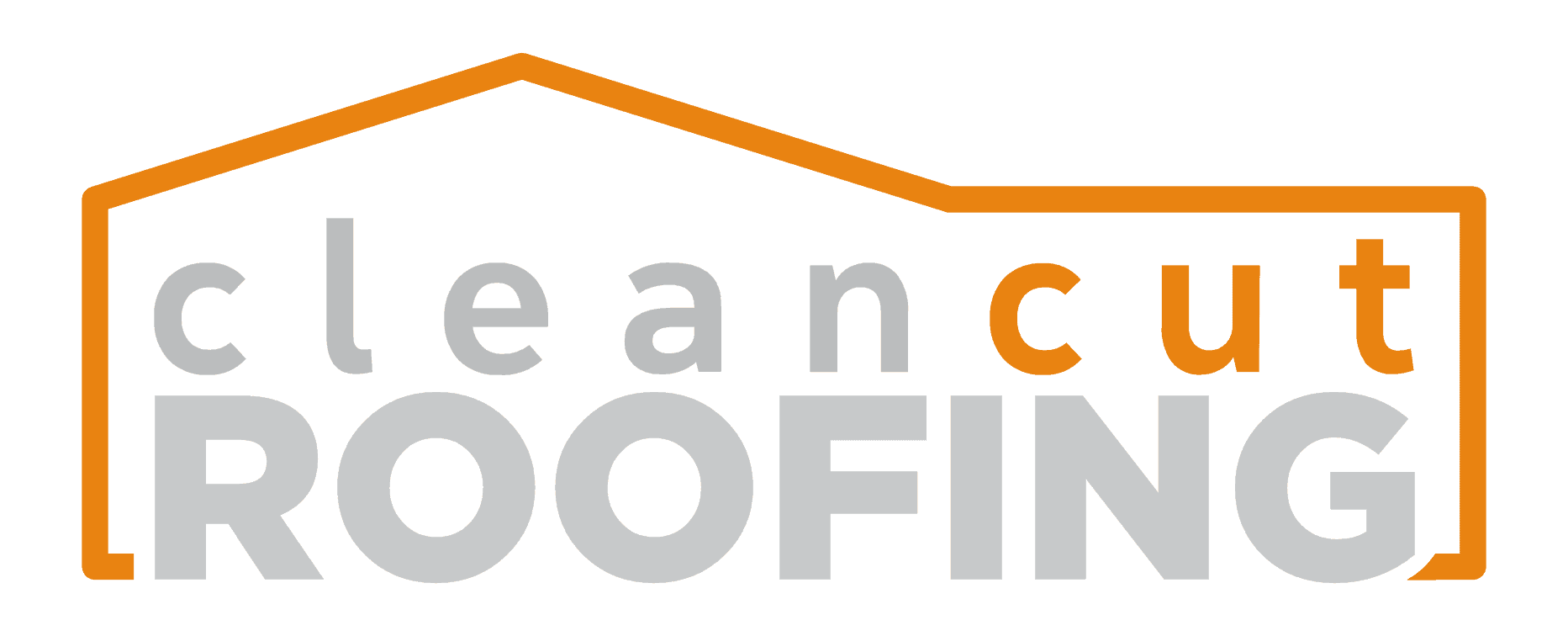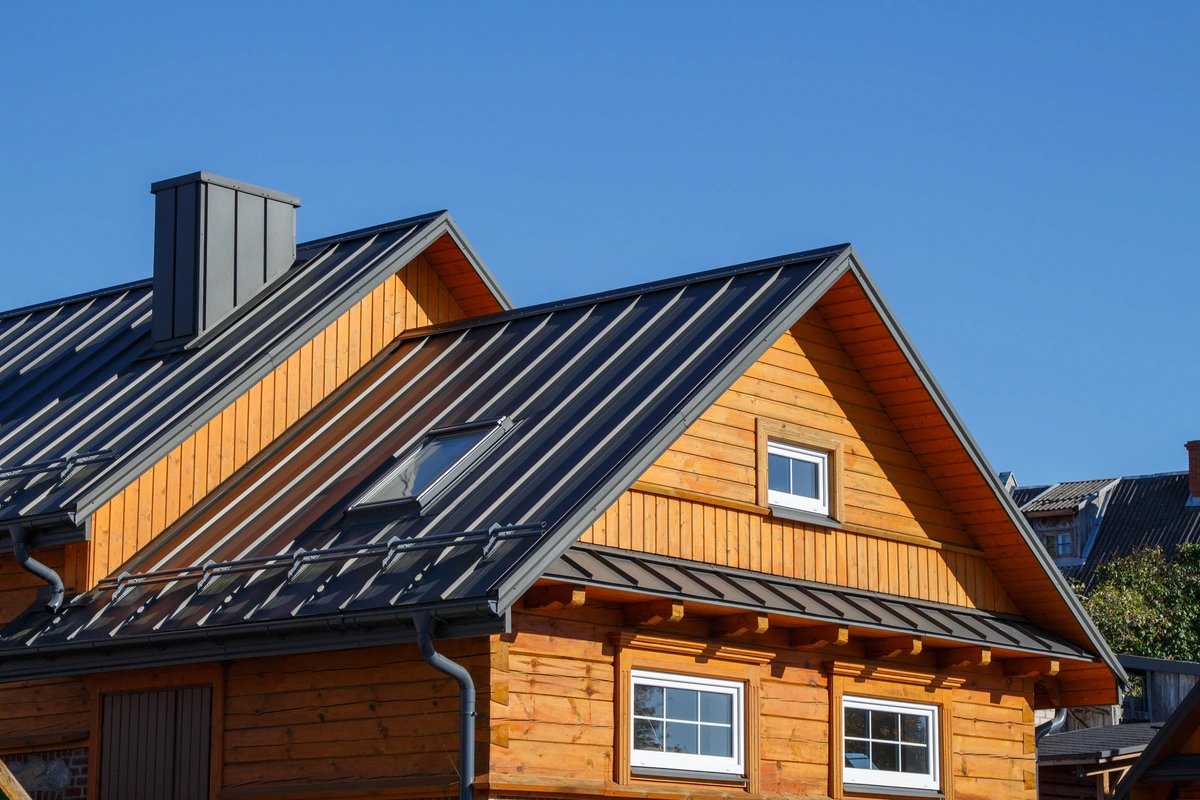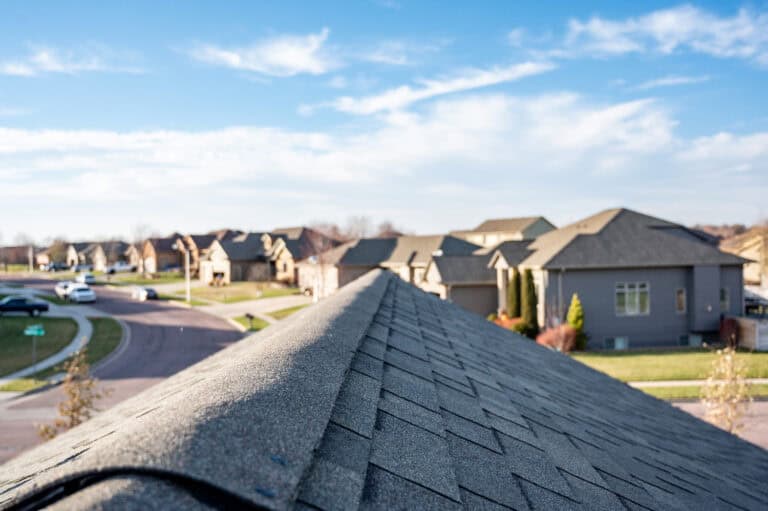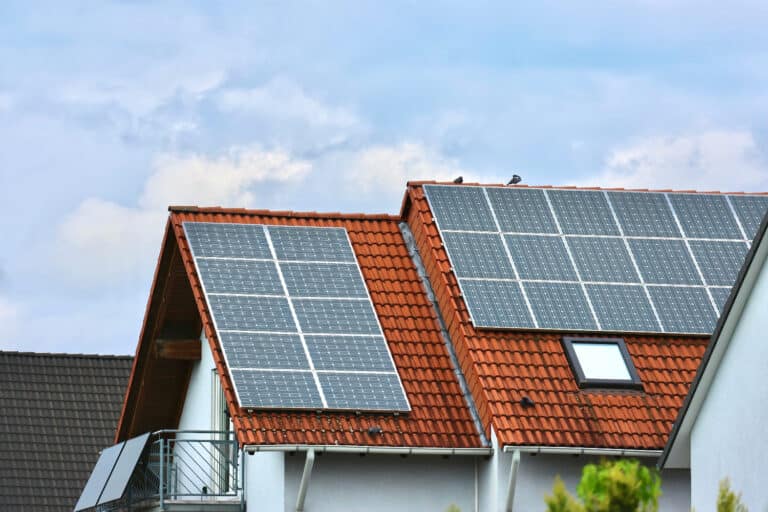Your roof is one of the most critical components of your home, protecting you and your family from the elements. If you’re considering a metal roof, you’re likely wondering, “How long does a metal roof last?”
Metal roofs have gained popularity for their durability and longevity, but there are several factors that can influence their lifespan.
In this homeowner’s guide, we’ll delve into the key factors that affect the longevity of metal roofs and provide insights to help you make an informed decision for your home.
Let’s explore the world of metal roofing and discover how to make it last!
Inside this blog:
- 5 general factors that influence metal roof longevity
- The 7 specific aspects that affect how long your metal roof will last
Keep reading to learn everything you need to know about metal roofing and how long your metal roof can last!
Understanding Metal Roofing Longevity 🕰️
Metal roofing is known for its impressive lifespan compared to traditional asphalt shingles. While asphalt shingles typically last around 20-30 years, metal roofs have the potential to last much longer. However, several factors can impact the actual lifespan of a metal roof. Let’s take a closer look at these 5 factors:
1. Metal Roof Material
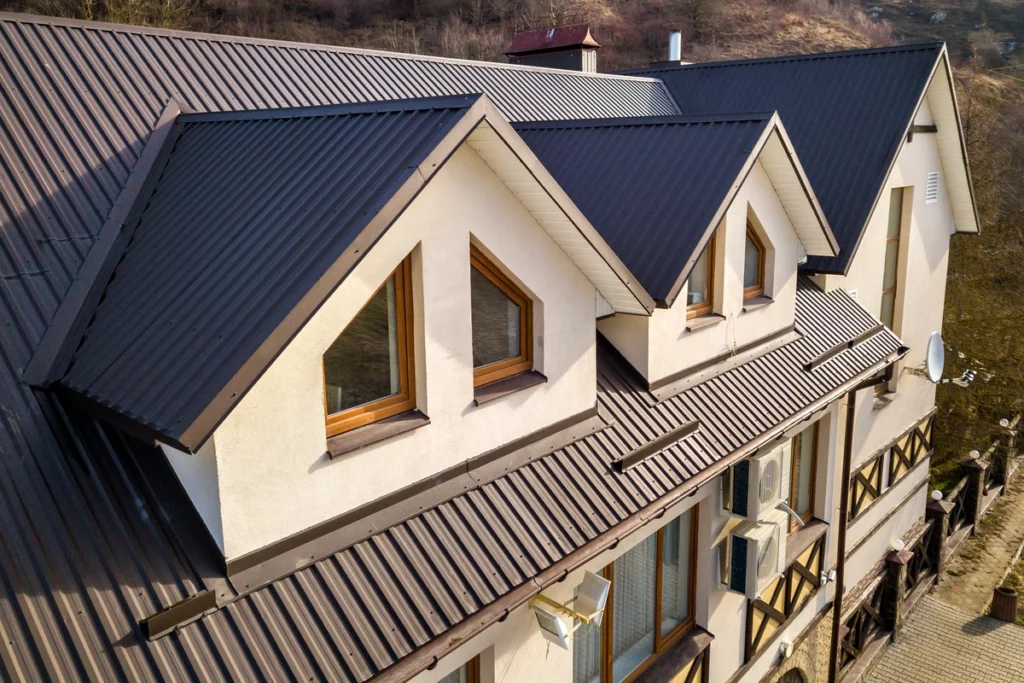
The type of metal used for your roof can influence its longevity. Common metal roofing materials include:
- Steel: Steel roofs are durable and can last for 40-70 years or more with proper maintenance.
- Aluminum: Aluminum roofs are resistant to corrosion and can have a lifespan of 40-70 years.
- Copper: Copper roofs are incredibly long-lasting, with a potential lifespan of 100 years or more.
- Zinc: Zinc roofs can last 50-100 years, depending on the thickness of the material.
The choice of metal material plays a significant role in determining how long your roof will last.
2. Roof Coatings
Roof coatings can help protect metal roofs from corrosion and UV damage. Coatings like paint or special protective finishes can extend the lifespan of your metal roof. Regular maintenance, such as recoating when necessary, can help maximize the protective benefits of these coatings.
3. Installation Quality
The quality of installation is crucial for the longevity of your metal roof. Improper installation can lead to leaks, premature rusting, and other issues that shorten the roof’s lifespan. Hiring experienced and reputable roofing professionals is essential to ensure proper installation.
4. Climate and Weather Conditions
The climate and weather in your region can have a significant impact on how long your metal roof lasts. Metal roofs perform well in a variety of climates, but factors like heavy rainfall, snow, hail, and extreme temperature fluctuations can affect their longevity. Regular inspections and maintenance can help address weather-related wear and tear.
5. Maintenance and Care
Regular maintenance is key to extending the life of your metal roof. Here are some maintenance tasks to consider:
- Cleaning: Remove debris, leaves, and moss from your roof regularly to prevent moisture retention and corrosion.
- Inspections: Conduct routine inspections to identify and address any issues promptly.
- Repairs: Repair minor damage, such as loose fasteners or damaged coatings, to prevent more significant problems.
7 Factors That Can Affect the Lifespan of Your Metal Roof
Now, let’s dive into specific factors that can impact how long your metal roof will last:
1. Corrosion Resistance
Corrosion resistance is a crucial factor in determining the lifespan of a metal roof. Some metals, like steel, may require protective coatings or treatments to enhance their resistance to rust and corrosion. Aluminum and copper, on the other hand, naturally resist corrosion and tend to last longer.
2. Maintenance Frequency
Regular maintenance, such as cleaning and inspections, can help identify and address issues before they become major problems. Neglecting maintenance can lead to premature roof failure.
3. Roof Pitch
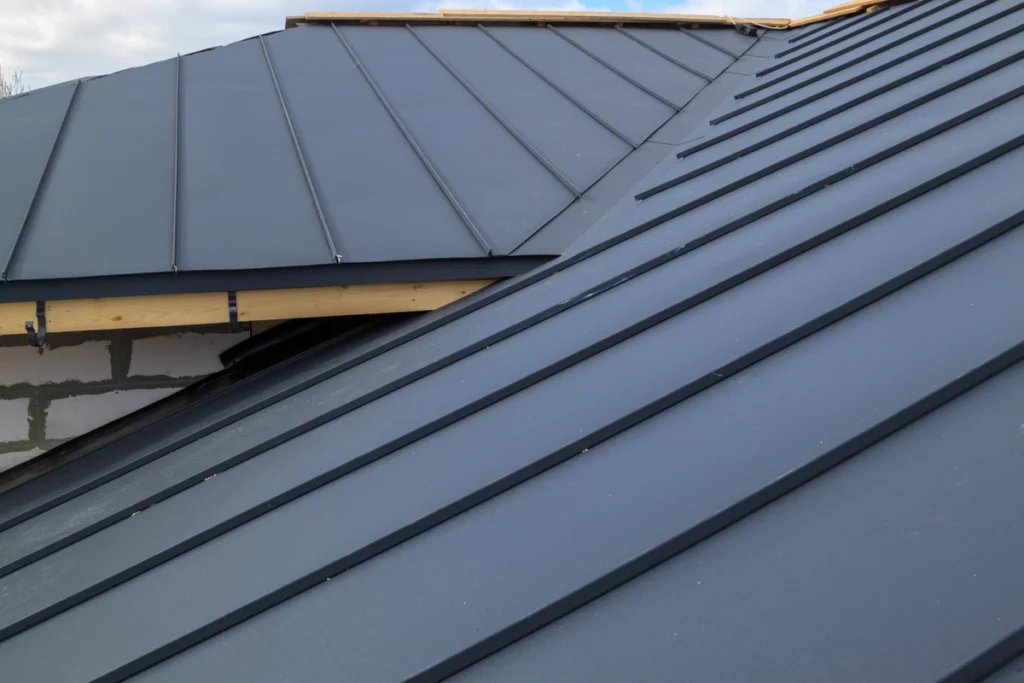
The slope or pitch of your roof can affect its longevity. Steeper roofs tend to shed water and snow more efficiently, reducing the risk of moisture-related damage.
4. Ventilation and Insulation
Proper attic ventilation and insulation can help regulate temperature and moisture levels in your home. Adequate ventilation prevents excess heat buildup, which can lead to premature aging of the roofing material.
5. Color Choice
The color of your metal roof can impact its heat absorption and overall lifespan. Light-colored roofs reflect more sunlight and heat, which can reduce thermal stress on the roofing material and extend its life.
6. Quality of Roofing Components
The quality of the roofing components, including fasteners, flashing, and sealants, can affect the overall performance and longevity of your metal roof. Using high-quality materials and installation techniques is essential.
7. Local Climate
The climate in your region plays a significant role in how long your metal roof will last. Harsh weather conditions, such as heavy snowfall, intense heat, or coastal salt exposure, can impact the roof’s durability. Choose a metal roofing material that suits your local climate.
Maximizing the Lifespan of Your Metal Roof 🛠️
To ensure your metal roof reaches its maximum lifespan, consider the 7 following tips:
1. Regular Inspections
Perform routine visual inspections of your roof to identify any signs of damage or wear. Look for loose fasteners, damaged coatings, or areas with corrosion.
2. Prompt Repairs
Address any issues or damage promptly. Delaying repairs can lead to more extensive and costly problems.
3. Clean Your Roof
Regularly clean your roof to remove debris, leaves, and moss. This prevents moisture retention and potential corrosion.
4. Maintain Coatings
If your roof has protective coatings, make sure they are in good condition. Recoat when necessary to maintain their effectiveness.
5. Clear Gutters and Downspouts
Keep your gutters and downspouts clear of debris to ensure proper drainage and prevent water backup on the roof.
6. Ensure Proper Ventilation and Insulation
A well-ventilated attic and proper insulation can help regulate temperature and moisture levels in your home, reducing the strain on your roof.
7. Hire Professionals
For inspections, repairs, and maintenance tasks beyond your expertise, hire experienced roofing professionals to ensure the job is done correctly.
Upgrade Your Home With a Metal Roof 🏡
So, how long does a metal roof last? The lifespan of your metal roof can vary depending on various factors, including the type of metal, the quality of installation, maintenance efforts, and your local climate. While some metal roofs can last 40-100 years or more, proper care and maintenance are essential for ensuring your roof reaches its full potential. By following the tips and guidelines outlined in this guide, you can enjoy a durable and long-lasting metal roof that provides reliable protection for your home for decades to come.
Reach out to our pro team of roofers at Clean Cut Roofing and we’ll make sure your next roofing project goes off without a hitch! Visit our website for a Free Quote today.
